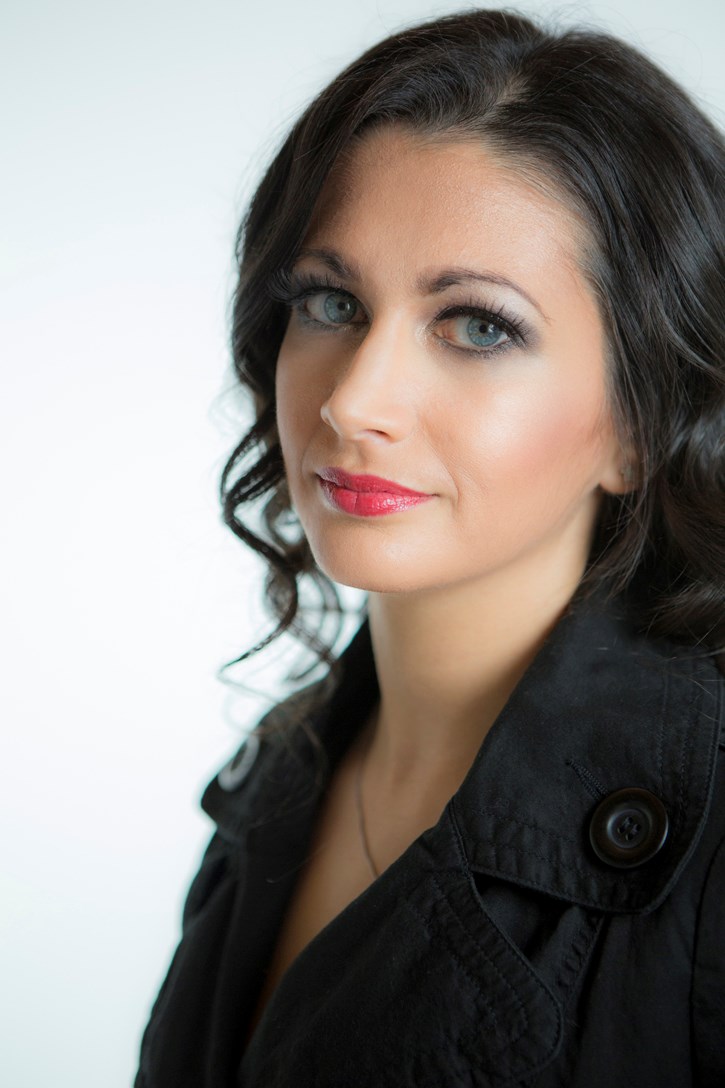The technician told me that my baby’s heart had stopped in the same room where I’d first heard my daughter’s heartbeat four years ago.
“Impossible,” I said. I still felt pregnant. I’d thrown up that very morning. My body knew how to be pregnant. It had succeeded once before.
“I’m sorry,” the technician replied as I collapsed onto a chair. “Do you want your family?”
Tears flooded my eyes as I pictured my husband and daughter sitting in the waiting room. They thought they were coming in to hear a heartbeat.
How was I going to explain to them that I had failed them? And what would happen now to the baby that hadn’t made it?
I had so many questions. All I could muster was a weak, “Yes. My family. Please.”
That was April 9. At the time, I was nearing the end of my tenth week of pregnancy. Perhaps I shouldn’t have been as bowled over as I was. I’d schooled myself in miscarriage statistics exactly one year earlier, when I’d interviewed sci-fi icon Amanda Tapping about her eight pregnancy losses.
Nearly 25 per cent of pregnancies end in miscarriage. The bulk of those losses occur in the first trimester. So why should I expect that a miscarriage was out of my realm of possibility?
Perhaps it is because that, other than with Amanda, I’d never discussed miscarriages with anyone. A quarter of all pregnancies end in loss, and yet they are mostly borne in silence.
But the loss was mine now, too. My husband and I met with my family doctor the next day. I was broken, sad and terrified. I didn’t know what was in store for me.
There are different types of miscarriages, the doctor explained. Natural miscarriages are characterized by bleeding and cramping and seem to occur spontaneously. But I’d experienced something called a missed miscarriage. At some point, the baby had simply stopped developing, and I hadn’t known when it had happened.
She could offer no explanation as to why the baby hadn’t made it. I knew this was par for the course, and that in most cases there’s nothing the mother could have done to prevent the loss. Knowing this didn’t stop me from feeling guilty, however.
My doctor referred me to the Early Pregnancy Assessment Clinic at BC Women’s Hospital. The clinic deals exclusively with early pregnancy loss. Upon consulting with a nurse and doctor there (both so very kind-hearted and gentle), we decided that a dilation and curettage (D&C), an outpatient procedure in which the fetal tissue is removed, was our best option.
A few more days would pass before the D&C. I spent the bulk of that time in my bedroom, riding waves of grief and guilt. I wanted to be alone. I didn’t want to face anyone.
But I’d told a lot of people about the pregnancy (I’m terrible at keeping secrets and didn’t feel there was any need for secrecy). I had no choice but to share my bad news. I sent texts and DMs and braced myself for shame.
I was unprepared for the messages I received in turn. Almost every single person I’d contacted shared some sort of miscarriage story of his or her own. This buoyed me. I wasn’t alone. None of us are.
And now, I share my story frequently. I gain so much from speaking my truth: love; community; healing. Sharing my miscarriage story shaves away the shame and gives meaning to the loss.
My heart still aches. It’s only been a few weeks since the D&C, and I feel the gnawing absence of my baby. But moving forward, I’m trying to own my grief while also allowing myself to feel happy when I play with my daughter, or attend film & TV events.
This Mother’s Day, I salute all parents who are wrestling with loss, or who have not yet met their babies. You’re not alone.



